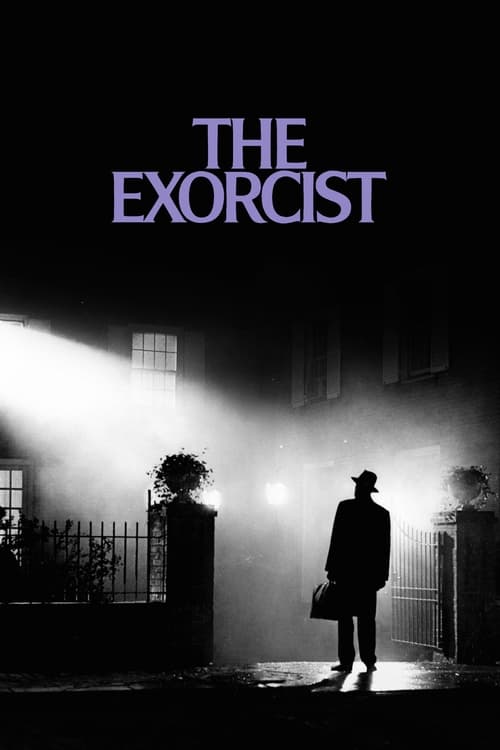
Title: The Exorcist
Year: 1973
Director: William Friedkin
Writer: William Peter Blatty
Cast: Ellen Burstyn (Chris MacNeil), Linda Blair (Regan MacNeil), Jason Miller (Father Damien Karras), Max von Sydow (Father Lankester Merrin), Lee J. Cobb (Lt. Bill Kinderman),
Runtime: 122 min.
Synopsis: When a charming 12-year-old girl takes on the characteristics and voices of others, doctors say there is nothing they can do. As people begin to die, the girl's mother realizes her daughter has been possessed by the Devil. Her daughter's only possible hope lies with two priests and the ancient rite of demonic exorcism.
Rating: 7.732/10